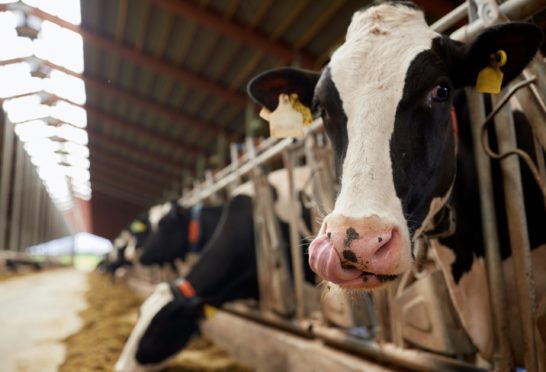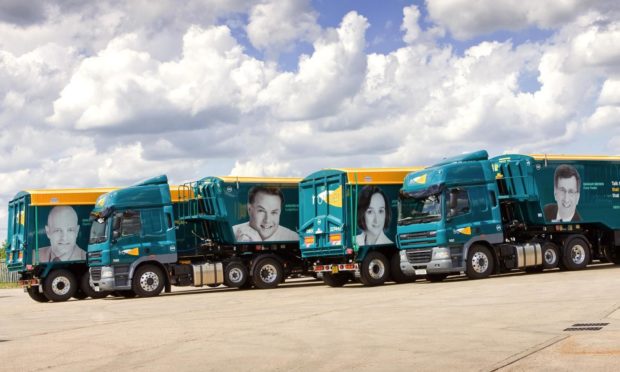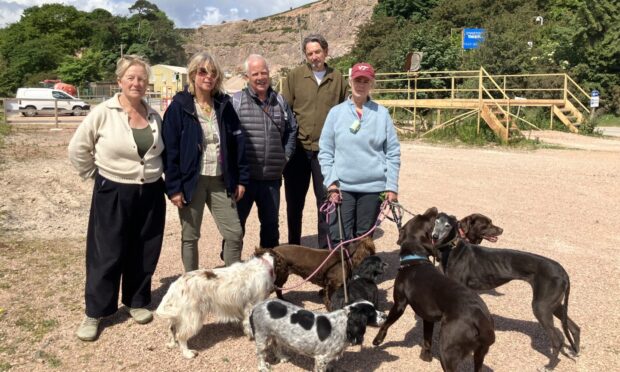Two leading agricultural companies have announced ambitious plans to reach net-zero carbon emissions.
Glasgow-headquartered dairy farmers’ co-operative First Milk plans to reach net-zero by 2040 at the latest, while crop production and grain marketing firm Frontier Agriculture plans to reach that target by 2030.
First Milk says it hopes to reduce the carbon footprint on each of its supplier farms by 50% by 2030 and achieve net-zero in milk transport and processing by 2035, with the aim of all its transport and processing activity to be using renewable fuel sources by 2030.
The co-op says its other commitments include a pledge to sequester 100,000 tonnes of carbon dioxide each year on members’ farms by 2025, and a move to increase milk from forage by 10% and reduce antibiotic use by 10% by 2025.
“As a co-operative business we exist to deliver long-term security and prosperity for our dairy farmer owners,” said First Milk’s sustainability director, Mark Brooking.
“We truly believe that the only way this can be delivered is if we work together to address the sustainability challenges we face.”
He said the company was already working on decarbonising its processing activities and farmer suppliers had already committed to grazing their cows.
“We will build on this by becoming the champion for regenerative agriculture in dairy production, working with our members using climate-friendly farming practices to improve soil health, enhance biodiversity and enhance productivity whilst sequestering significant quantities of carbon in the soil,” added Mr Brooking.
“Whilst, of course, we cannot currently have all the answers to how these ambitious targets will be reached, we have a clear roadmap and, with our shared ambition, we are confident that together we can drive real change.”
Meanwhile, Frontier Agriculture says it hopes to achieve net-zero by 2030 by taking steps to improve the environmental performance of site facilities, operational facilities and company vehicles.
The firm, which operates 40 sites across the UK including Crimond, Invergordon, Newmachar, Perth and Turriff, plans to pilot “sustainable solutions” in four areas over the next year. These are: bulk grain haulage; crop production deliveries; grain drying; and alternative fuels.
It also plans to increase its production of renewable energy with the installation of more on-site solar panels, and develop advice and tools to help its farmer suppliers achieve their own sustainability goals.
Frontier managing director, Mark Aithison, said: “Our pledge to become net-zero carbon equivalent emissions by 2030 is challenging but we believe it is achievable.
“We have a dedicated in-house team working on multiple projects to help us meet this goal.”











